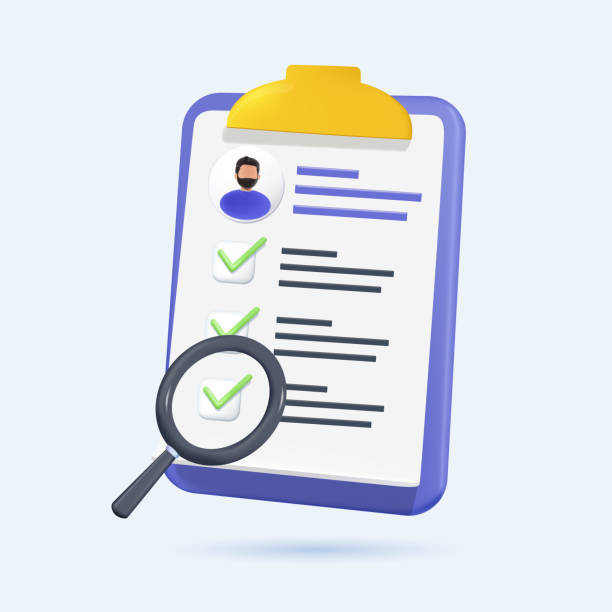Resume Red Flags and How to Avoid Them with Career Compass
Recruiters often review dozens—or even hundreds—of resumes for a single job opening. In this fast-paced screening process, even small issues can raise red flags that cause your application to be dismissed. Gaps in employment, vague job descriptions, inconsistent formatting, or a lack of focus can all give employers the wrong impression, even if you're highly qualified.
For veterans and transitioning professionals, these challenges are common but entirely avoidable—with the right tools. Career Compass, part of Vetnet.Social, helps you identify and eliminate resume red flags before they impact your chances of getting hired.
Common Resume Red Flags That Hurt Your Chances
Before we dive into solutions, let’s look at some of the most common resume issues that employers consider red flags:
- Unexplained Employment Gaps
Time off without a clear reason can make employers question your reliability. - Overuse of Military Jargon
Civilians may not understand terms like "CO," "SOP," or "Battalion Staff Officer." - Lack of Measurable Achievements
Resumes that list responsibilities without quantifiable results seem generic. - Typos or Inconsistent Formatting
Spelling mistakes or poor formatting can signal carelessness. - Too General or Not Tailored to the Job
A one-size-fits-all resume suggests a lack of effort or clarity in your goals.
How Career Compass Helps You Avoid These Mistakes
Career Compass was built specifically to help veterans and job seekers create professional, targeted, and recruiter-friendly resumes. Here’s how it helps you eliminate red flags:
1. Real-Time Resume Scoring and Feedback
Career Compass reviews your resume against recruiter standards and scores it instantly, flagging issues related to clarity, keyword usage, format, and structure. You’ll receive actionable suggestions to:
- Improve phrasing
- Add impact statements
- Ensure consistent formatting
This ensures your resume meets expectations before it's even submitted.
2. Smart Templates That Guide Your Writing
Instead of starting from a blank page, Career Compass offers templates tailored to civilian roles. These templates guide you to write in clear, professional language—removing military-specific jargon and replacing it with terms recruiters understand.
3. Gap Management and Context Prompts
Have time off between roles? Career Compass suggests how to address these gaps constructively by:
- Highlighting volunteer work or freelance projects
- Emphasizing professional development or certifications
- Reframing career pauses with context that adds value
This helps normalize career gaps and reassure recruiters.
4. Achievement-Focused Language
One of the biggest red flags is a resume that just lists tasks. Career Compass prompts you to write achievement-based bullets using metrics and outcomes:
- “Reduced operational costs by 30% through process optimization”
- “Led a team of 20 through high-risk logistics operations with zero safety incidents”
These types of entries immediately show value to hiring managers.
5. Job-Specific Customization
Career Compass lets you tailor your resume to each job description. This avoids the red flag of sending a generic, untargeted resume. It helps you integrate keywords from the job posting and highlight skills that align directly with what the employer is seeking.
Conclusion
Your resume is your first impression—and small red flags can make a big difference. But with the right support, those red flags can be turned into green lights.
Whether you’re transitioning from the military or pivoting careers, Career Compass ensures your resume tells the right story—with clarity, confidence, and professionalism. Eliminate guesswork, avoid common pitfalls, and present your best self to every recruiter.
Ready to build a resume that opens doors?
👉 https://compass.vetnet.social
